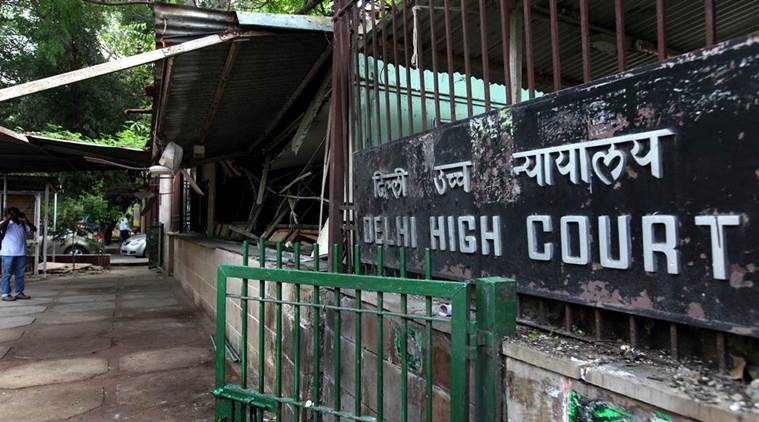 In the last 10 months, the Delhi lower courts have disposed off 50% of cases pending for the last 10 years. (File)
In the last 10 months, the Delhi lower courts have disposed off 50% of cases pending for the last 10 years. (File)
In the last 10 months, the Delhi lower courts have disposed off 50% of cases pending for the last 10 years and 30% of cases pending for the last five years, as per data available with the Delhi High Court. According to the data, of 59,118 cases dating back to 2013, about 16,215 have been disposed, while of 21,250 cases from 2008, as many as 9,862 have been disposed.
The move comes after the Supreme Court expressed concern while hearing a case over the large number of pending cases. A Court Management Systems Committee, comprising three High Court judges, was formed to look into the same. On May 11 last year, the committee directed all district and sessions judges to draw up an action plan with a definite date of disposal of all such cases.
According to a High Court official, close to the acting chief justice’s office, some of the directions that helped them achieve speedy disposal of cases were:
* Each district court was asked to upload cases pending from five and 10 years ago on their websites. These were put on fast track for expeditious disposal with shorter hearing dates.
* District and sessions judges were granted “freedom to assign the targeted cases to any civil and criminal court”, with directions to clear them in a time-bound manner.
* Intra-district transfer of cases was undertaken to achieve equal distribution of targeted cases. Cases at final stages were allocated equally in all courts.
* Court-appointed local commissioners for recording of evidence in civil cases to expedite trial.
A High Court official said a multi-pronged strategy was undertaken to dispose off cases. He said that numerous interactions of the committee with district and sessions judges and judicial officers saw “free flow and exchange of views” and out-of-the-box solutions.
“Multiple witnesses of the same case passing repeated information were dropped… Lawyers of both the sides were informed in advance and if they did not turn up, they were penalised either by cost or through closing their right to lead evidences. Bar Associations, through their advocates, were taken into confidence, and police helped in serving the summons during a criminal trial,” said the official.